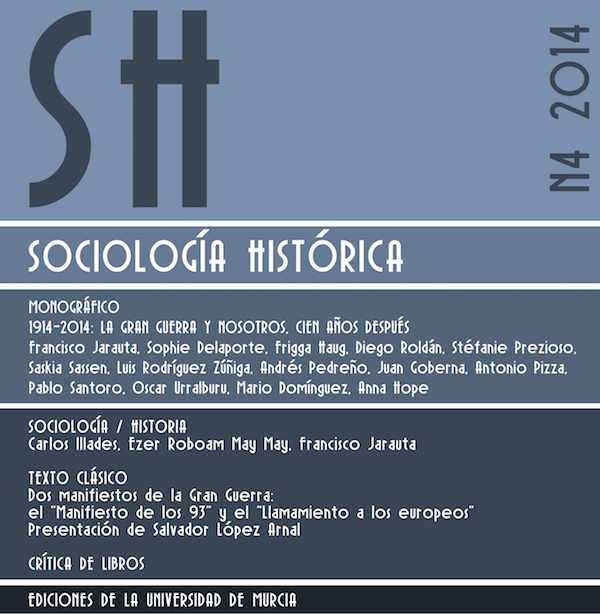The construction of a research problem: Historical Sociology of religious diversity in Yucatan
Abstract
This article conveys the construction and approach of a research problem that allows dialog to sociology, anthropology and history; so, I reflects on the links between a contemporary phenomenon, as the religious diversity and a discipline outside of it, the History. With the purpose of conducting an historical sociology. Therefore, a case is presented of Yucatan, delimiting the period and its nature of study. In this text,tries to reconcile two dissimilar contexts, the past in that only the Catholic Church had interference in the life of the mayas of Yucatan and the contemporary, in which, the Protestantisms have been integrated; so, I try to establish a bridge between the past and contemporary context through the concept of religiosity. This conceptual bridge is derived from the theory of Bourdieu.
Here I try to agree on that the presence of historical protestants, pentecostals and para-protestants has a historical reason, not limiting its interpretation only in the description of your arrival to yucatecan lands; but, also on particular socio-historical, political, and economic legacies which has created a mentality in society, by what, I propose to tackle the religious diversity from the history of mentalities. Of course, there is no attempt to exhaust the whole set of efficient causes of the phenomenon.
Downloads
-
Abstract519
-
PDF (Español (España))277
Las obras que se publican en esta revista están sujetas a los siguientes términos:
1. El Servicio de Publicaciones de la Universidad de Murcia (la editorial) conserva los derechos patrimoniales (copyright) de las obras publicadas, y favorece y permite la reutilización de las mismas bajo la licencia de uso indicada en el punto 2.
2. Las obras se publican en la edición electrónica de la revista bajo una licencia Creative Commons Reconocimiento-NoComercial-SinObraDerivada 4.0 España (texto legal). Se pueden copiar, usar, difundir, transmitir y exponer públicamente, siempre que: i) se cite la autoría y la fuente original de su publicación (revista, editorial y URL de la obra); ii) no se usen para fines comerciales; iii) se mencione la existencia y especificaciones de esta licencia de uso.
3. Condiciones de auto-archivo. Se permite y se anima a los autores a difundir electrónicamente las versiones pre-print (versión antes de ser evaluada) y/o post-print (versión evaluada y aceptada para su publicación) de sus obras antes de su publicación, ya que favorece su circulación y difusión más temprana y con ello un posible aumento en su citación y alcance entre la comunidad académica. Color RoMEO: verde.










